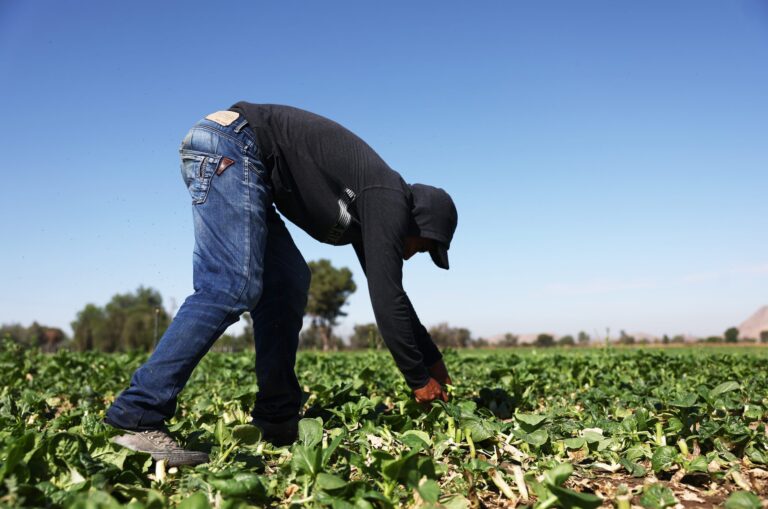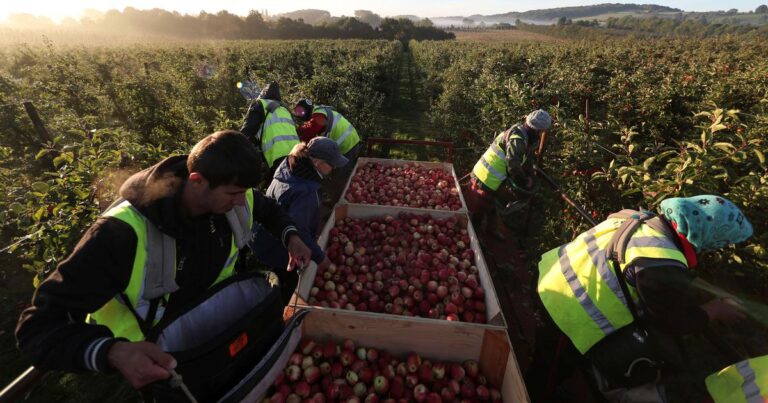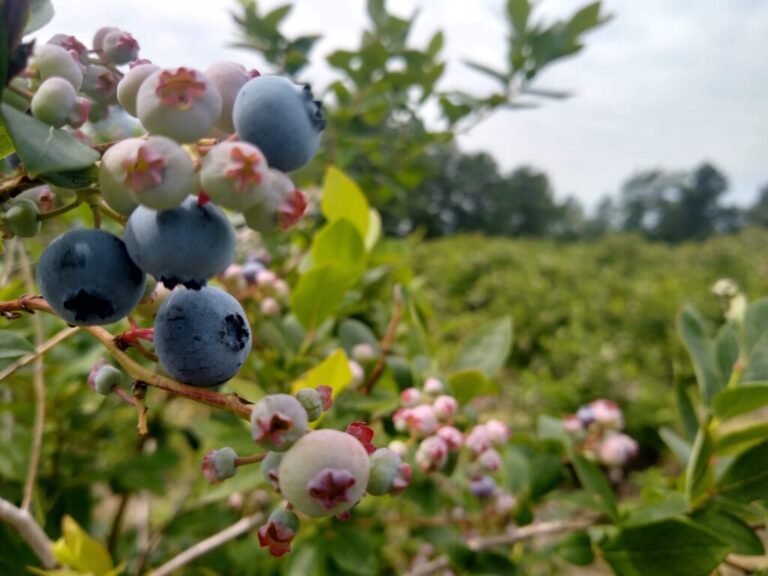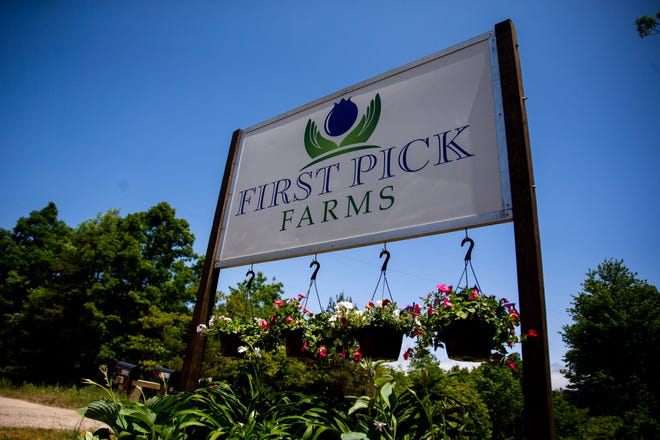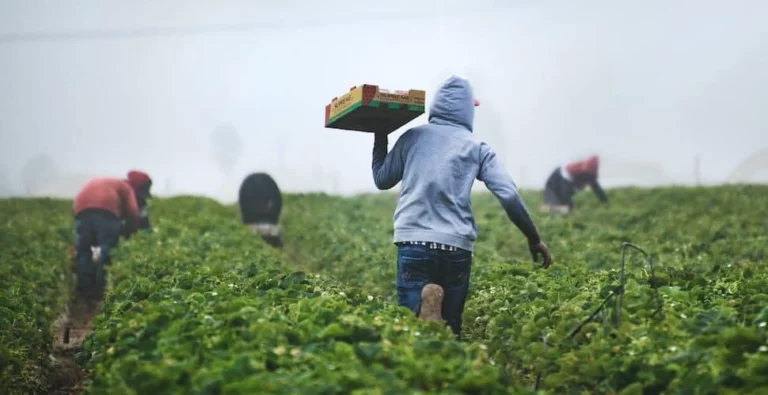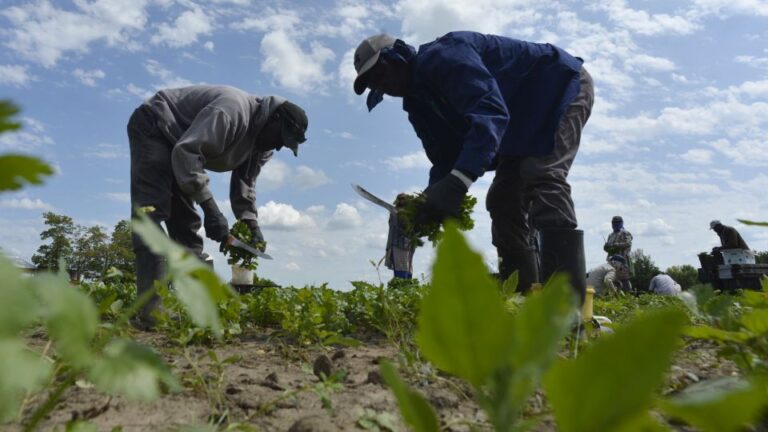‘There is slavery in the fields of North Carolina’
I’ll never forget something that advocate and former farmworker Leticia Zavala said to me during an interview. “There is slavery in the fields of North Carolina.” She said it almost in passing, as part of a larger laundry list of abusive and deadly conditions experienced by farmworkers in the state as part of the H-2A…

